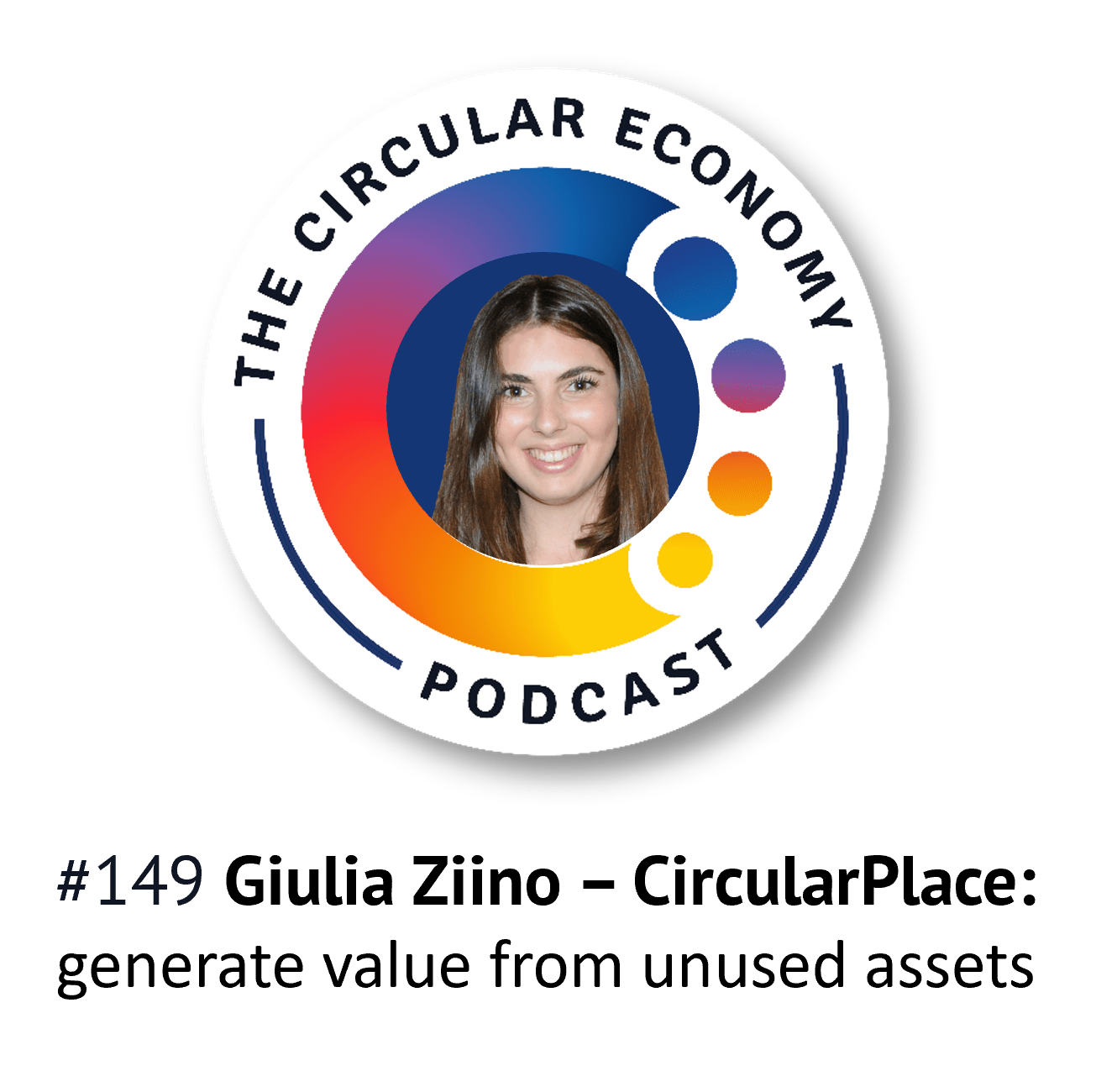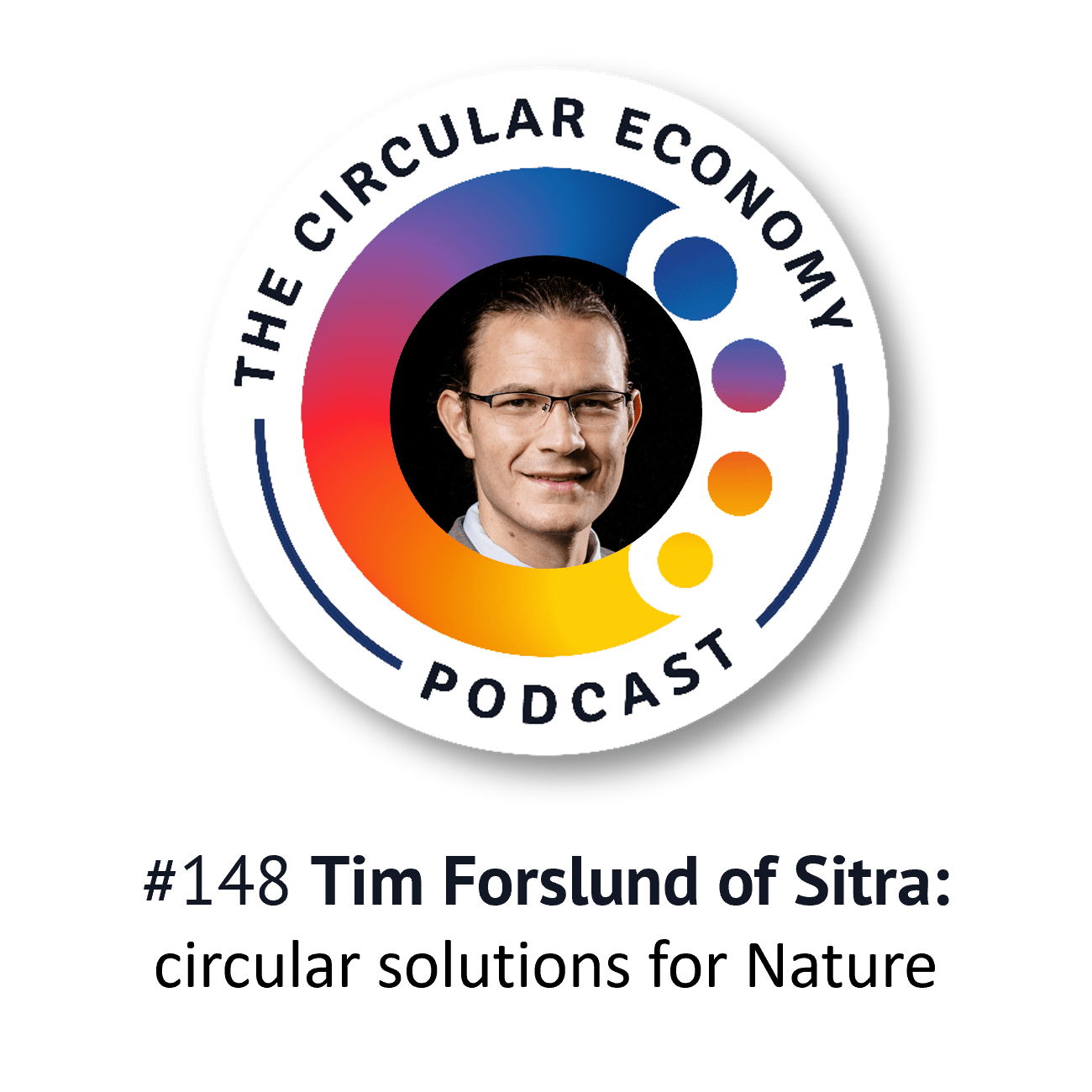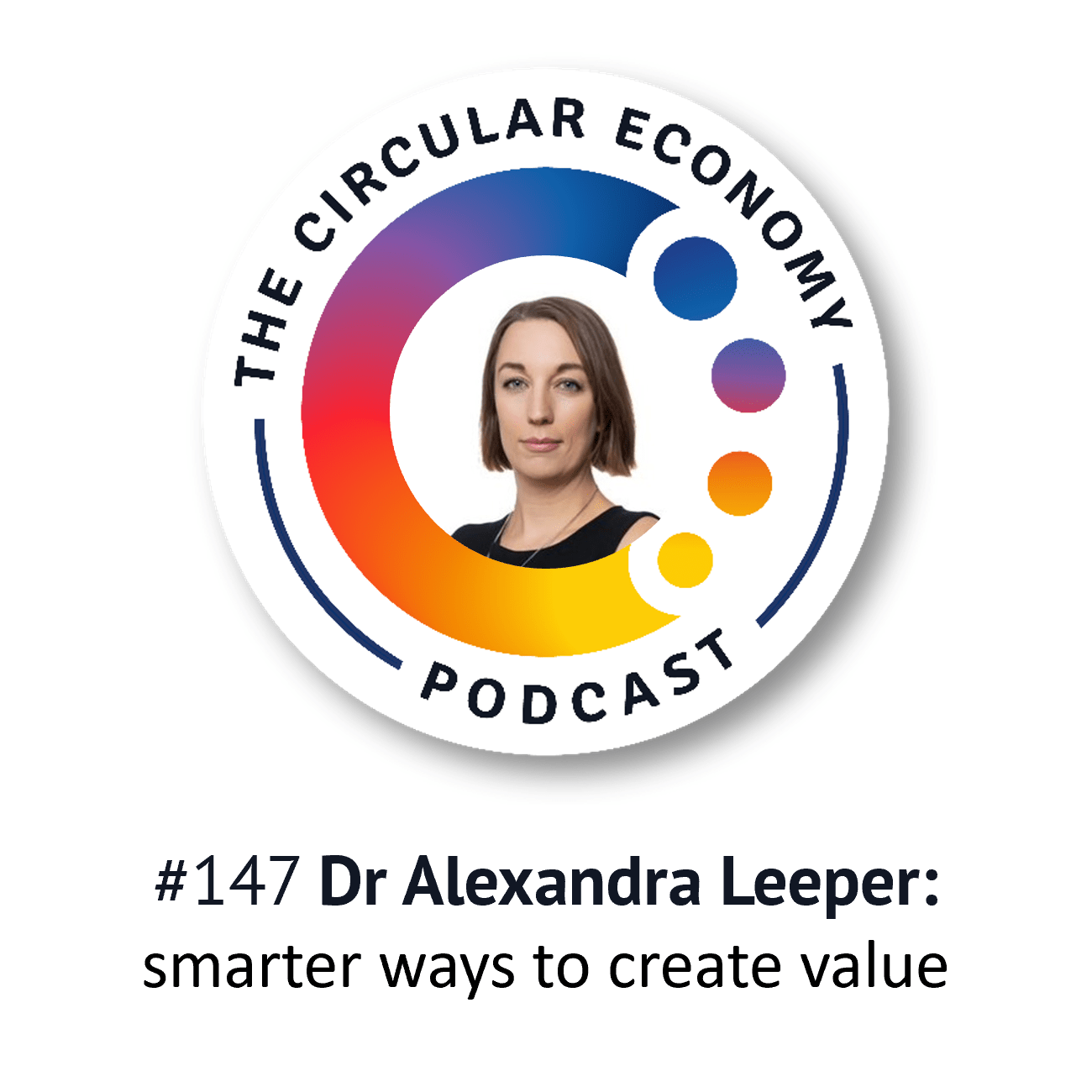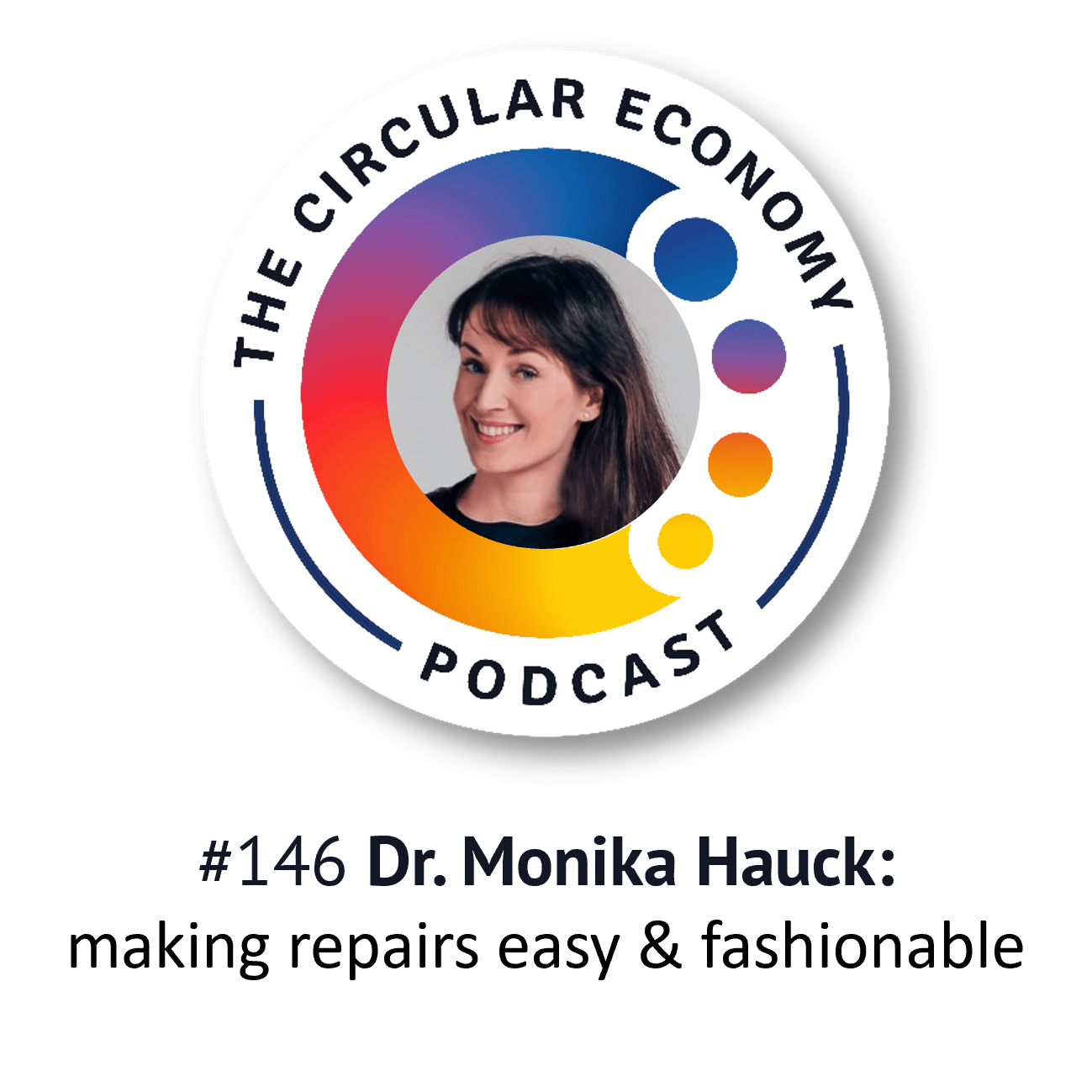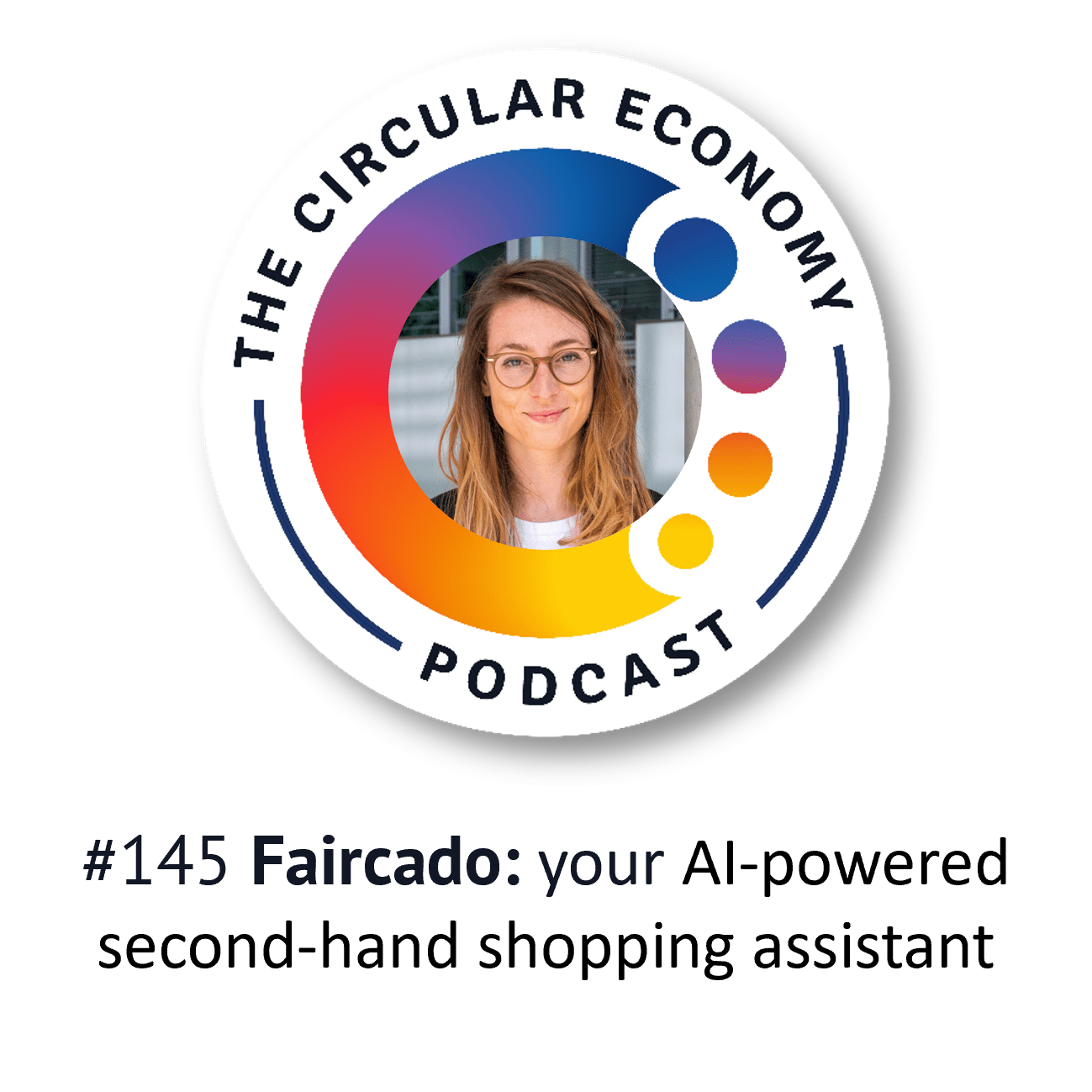Podcast: Play in new window | Download
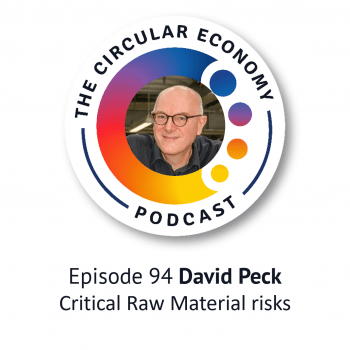
Catherine Weetman talks to David Peck, Associate Professor at TU Delft. David explains why we need to know more about Critical Raw Materials – what they are used in, and how we might navigate the future challenges they present.
David Peck is Associate Professor, Climate Design & Sustainability, Circular Built Environment and Critical Materials, Faculty of Architecture and the Built Environment, at Delft University of Technology (TU Delft).
David researches and teaches in the field of circular design, focusing on remanufacturing and critical materials. He is a founding member of the Circular Built Environment Hub and works cross disciplinary on circular challenges, in particular on digital, ICT, mobility and renewables fields.
David explains how Critical Raw Materials (CRMs) are defined, helping us understand why they are ‘critical’ from the perspective of different countries or regions, and how they are assessed and scored.
We discuss the pressure on CRMs, particularly from the perspective of low-carbon technologies, and how this presents ethical dilemmas around ‘fair shares’ for countries, and even across different industry sectors.
I ask David about the conversations he’s having with businesses and policymakers, and whether he’s noticing positive trends towards a good understanding of CRMs, and a recognition of the complex issues and risks.
We discuss the ethics and other issues around mining, and David unpacks the dangers of over-simplifying the arguments for avoiding more mining.
Podcast host Catherine Weetman is a circular economy business advisor, workshop facilitator, speaker and writer. Her award-winning book: A Circular Economy Handbook: How to Build a More Resilient, Competitive and Sustainable Business includes lots of practical examples and tips on getting started. Catherine founded Rethink Global in 2013, to help businesses use circular, sustainable approaches to build a better business (and a better world).
Stay in touch for free insights and updates…
Read on for a summary of the podcast and links to the people, organisations and other resources we mention.
Don’t forget, you can subscribe to the podcast series on iTunes, Google Podcasts, PlayerFM, Spotify, TuneIn, or search for “circular economy” in your favourite podcast app. Stay in touch to get free insights and updates, direct to your inbox…
You can also use our interactive, searchable podcast index to find episodes by sector, by region or by circular strategy. Plus, there is now a regular Circular Economy Podcast newsletter, so you get the latest episode show notes and links delivered to your inbox on Sunday morning, each fortnight. The newsletter includes a link to the episode page on our website, with an audio player. You can subscribe by clicking this link to update your preferences.
Links we mention in the episode:
- A Circular Economy Handbook: How to Build a More Resilient, Competitive and Sustainable Business – buy from any good bookseller, or direct from the publisher Kogan Page, which ships worldwide (free shipping to UK and US) and you can use discount code CIRCL20 to get 20% off. It’s available in paperback, ebook and Kindle. If you buy it from online sources, make sure you choose the new edition with an orange cover!
- Sign up to get the podcast player and shownotes for each new episode emailed to your inbox
- David Peck on LinkedIn https://www.linkedin.com/in/david-peck-b47ba412/
- EU Critical Raw Materials https://single-market-economy.ec.europa.eu/sectors/raw-materials/areas-specific-interest/critical-raw-materials_en
- US list of 50 Critical Raw Materials for 2022 https://www.usgs.gov/news/national-news-release/us-geological-survey-releases-2022-list-critical-minerals
- British Geological Survey Critical Raw Materials https://www.bgs.ac.uk/geology-projects/critical-raw-materials/
- David mentioned The Hirschman-Herfindahl index (also known as Herfindahl–Hirschman Index, HHI, or sometimes HHI-score) is a measure of the size of firms in relation to the industry they are in and is an indicator of the amount of competition among them. https://en.wikipedia.org/wiki/Herfindahl%E2%80%93Hirschman_index
- Material Criticality for Future Telecommunication Technologies: Scenario Development and Supply Chain Resilience Strategies, A Case Study for a Dutch Telecommunication Company, by Gloria Flik, M.Sc. Industrial Ecology, Leiden University & Delft University of Technology. Available from: https://repository.tudelft.nl/islandora/object/uuid:b3391f04-d3e4-4e96-b4eb-5465c84fb759/datastream/OBJ/download
- Greta Thunberg’s charity donated money to cover legal costs of Indigenous Sami people in Sweden’s Arctic north, to help them battle a British mining company over plans for an iron-ore mine on reindeer-herding lands https://www.theguardian.com/world/2022/nov/22/greta-thunbergs-charity-donates-to-sami-campaign
- The free TU Delft MOOC on critical raw materials – https://www.edx.org/course/critical-raw-materials-managing-resources-for-a-sustainable-future
- BBC Radio – The Scramble for Rare Earths – series of 5 short (~15 minute) podcast episodes about critical materials https://www.bbc.co.uk/programmes/m001cf5r – also available on podcast apps
About David Peck
David Peck is Associate Professor, Climate Design & Sustainability, Circular Built Environment and Critical Materials, Faculty of Architecture and the Built Environment, at Delft University of Technology (TU Delft).
David researches and teaches in the field of circular design, focusing on remanufacturing and critical materials. He is a founding member of the Circular Built Environment Hub there. David works cross disciplinary on circular challenges, in particular on digital, ICT, mobility and renewables fields.
David is also Honorary Associate Professor with University College London – The Bartlett and an adjunct Professor at MIP Politecnico di Milano, Graduate School of Business. David sits on the executive board of KIC EIT Raw Materials.
David also works with ad hoc committees in the EU, Brussels, and is a Horizon Europe reviewer. He is the TU Delft lead scientist for EU Horizons 2020 projects Pop Machina, ProSUM, ERN and FP7 CRM_Innonet, and now Horizon Europe Widening project CiRCLETECH.
David is TU Delft representative for the EU KIC EIT Raw Materials and represents the university in the programme, along with projects in EU KIC EIT Manufacturing. He leads a number of projects in this important programme that has a focus on critical materials and circular economy, in particular Remanufacturing.
Interview Transcript
Click here to open the transcript…
Want to dig deeper?
Why not buy Catherine’s award-winning book, A Circular Economy Handbook: How to Build a More Resilient, Competitive and Sustainable Business. This comprehensive guide uses a bottom-up, practical approach, and includes hundreds of real examples from around the world, to help you really ‘get’ the circular economy. Even better, you’ll be inspired with ideas to make your own business more competitive, resilient and sustainable.
Please let us know what you think of the podcast – and we’d love it if you could leave us a review on iTunes, or wherever you find your podcasts. Or send us an email…
Podcast music
Thanks to Belinda O’Hooley and Heidi Tidow, otherwise known as the brilliant, inventive and generous folk duo, O’Hooley & Tidow for allowing me to use the instrumentals from the live version of Summat’s Brewin’ as music for the podcast. You can find the whole track (inspired by the Copper Family song “Oh Good Ale”) on their album, also called Summat’s Brewin’. Or, follow them on Twitter.
